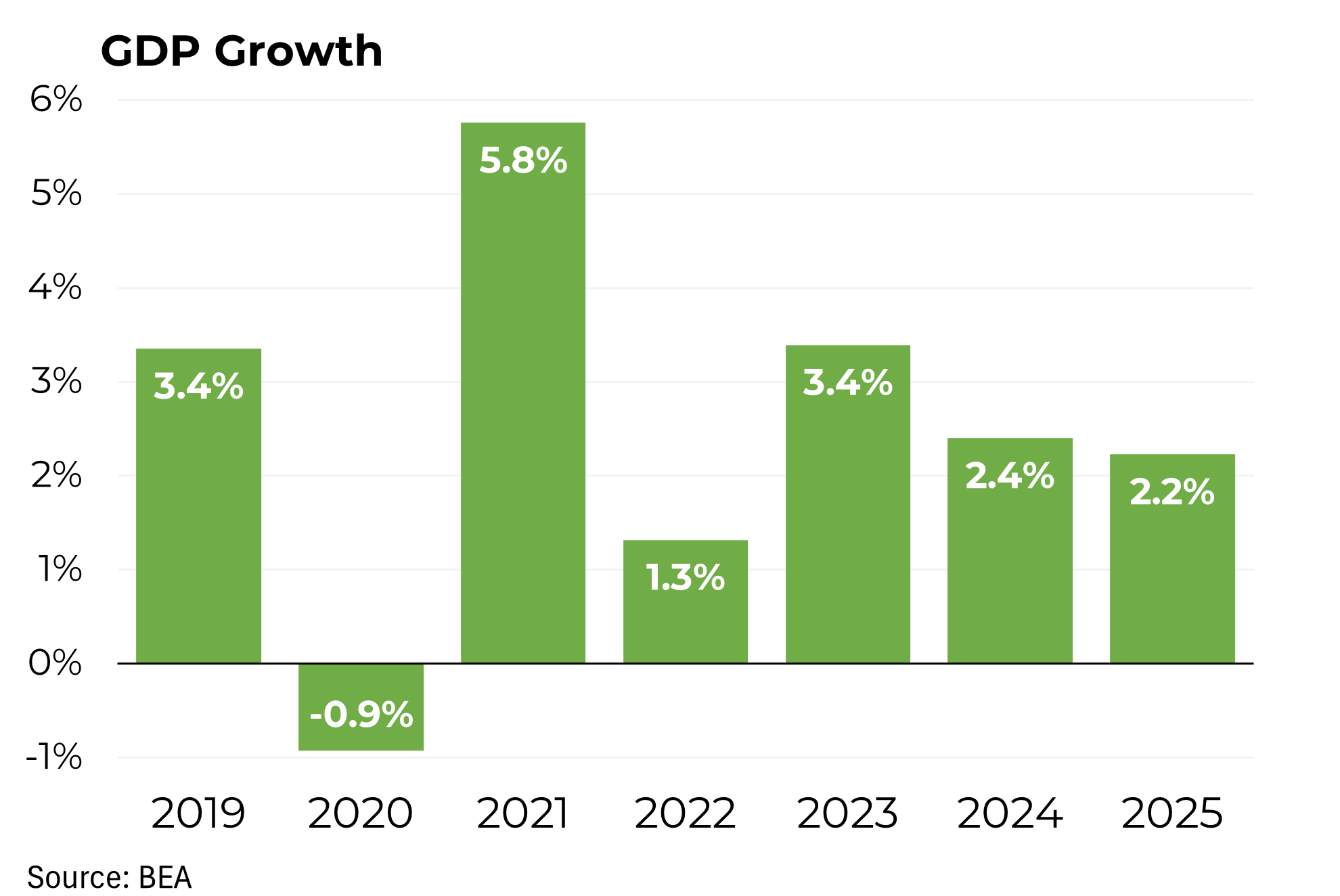Her big-government plans would damage rather than improve our economy. Originally published in the New York Times Senator Elizabeth Warren has unveiled her vision for how to pay for “Medicare for all” — a daunting mountain of new taxes and fees. Thanks for providing us, Ms. Warren, with yet more evidence that a Warren presidency is a […]







